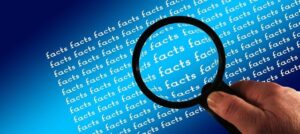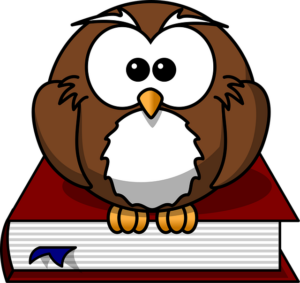Ensuring Precision in Drug Safety Translations: UK Expertise and Innovation
Translation services for Drug Safety Reports (DSRs) in the UK are a critical aspect of pharmacovigilance, ensuring that complex medical and pharmaceutical terminology is accurately conveyed across different languages. With the integration of advanced…….

Translation services for Drug Safety Reports (DSRs) in the UK are a critical aspect of pharmacovigilance, ensuring that complex medical and pharmaceutical terminology is accurately conveyed across different languages. With the integration of advanced machine learning algorithms and natural language processing technologies, these translation services have become more precise and efficient, aligning with stringent data protection laws such as GDPR to safeguard sensitive information. This technological advancement not only streamlines the process of global drug approval but also ensures that healthcare providers can access critical safety data in a timely manner, significantly improving patient safety and outcomes across linguistically diverse communities within the UK. The seamless translation of DSRs by specialized professionals has positioned the UK as a leader in overcoming language barriers in drug safety, demonstrating the country's commitment to maintaining high standards of healthcare communication.
Navigating the complexities of drug safety is paramount in safeguarding patient well-being, particularly within multilingual environments. In the UK, the translation of drug safety reports is a critical task that demands precision and expertise. This article delves into the nuances of providing clear and accurate translations for drug safety reports, highlighting the role of translation services for Drug Safety Reports in the UK. It underscores the importance of linguistic accuracy in this domain, outlines the challenges faced, and presents solutions to ensure clarity. We explore key considerations for selecting a specialist translation service, the regulatory landscape, the impact of professional translators, technological innovations, and real-world case studies that exemplify best practices within the UK healthcare system.
- Overview of Translation Services for Drug Safety Reports in the UK
- The Importance of Accurate Translations in Drug Safety Contexts
- Challenges and Solutions in Translating Drug Safety Reports
- Key Considerations for Choosing a Specialist Translation Service
- Understanding Regulatory Requirements for Multilingual Drug Safety Documentation
- The Role of Professional Translators in Ensuring Drug Safety Report Clarity
- Technological Advancements Aiding the Translation of Drug Safety Reports
- Case Studies: Successful Translations of Drug Safety Reports in the UK Healthcare System
Overview of Translation Services for Drug Safety Reports in the UK
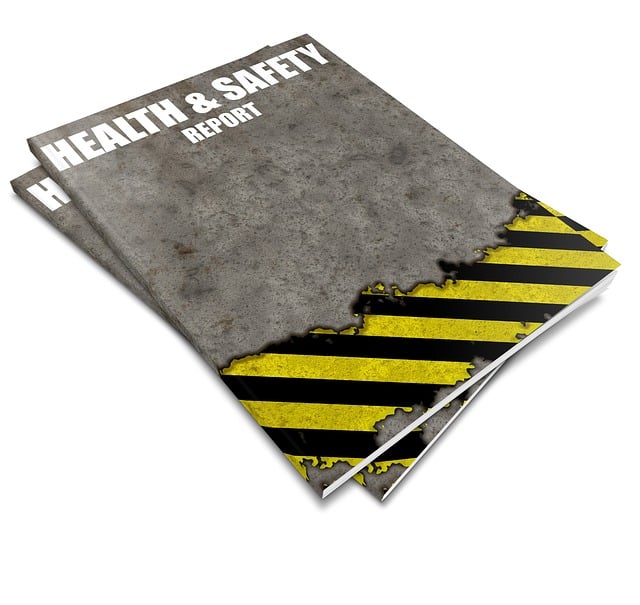
The translation of Drug Safety Reports (DSRs) in the UK is a critical aspect of the pharmaceutical industry, ensuring that safety data is accurately conveyed across different linguistic regions. As the UK operates within a stringent regulatory framework, translation services for DSRs must adhere to the highest standards of precision and expertise. These reports contain sensitive information regarding the potential risks and side effects associated with pharmaceutical products, necessitating translators who are not only proficient in language but also well-versed in the specialized terminology of drug safety. The UK’s translation services for DSRs are typically provided by professionals with a background in both linguistics and medical science, ensuring that the integrity of the data is maintained from its original language to the target one. This specialization is crucial because any discrepancy or misinterpretation could lead to adverse outcomes in patient care and regulatory compliance. The UK’s commitment to maintaining high-quality translation services for DSRs underlines its dedication to global health standards, facilitating the safe and effective use of medicines across diverse populations.
The Importance of Accurate Translations in Drug Safety Contexts

In the context of drug safety, precision and accuracy are paramount to safeguard patient well-being and uphold regulatory standards. When pharmaceutical companies operate across international borders, they often rely on translation services for Drug Safety Reports UK to communicate critical information. These translations must be impeccable, as any discrepancies or misinterpretations could lead to inadequate or incorrect safety measures being implemented, potentially jeopardizing patient care and compliance with stringent regulatory requirements. The stakes are high, as drug safety reports often contain sensitive data that inform decisions on drug approvals, monitoring of adverse effects, and ongoing clinical trials. Utilising expert translation services for Drug Safety Reports UK ensures that the nuances and complexities inherent in medical terminology are accurately conveyed across languages, thereby maintaining the integrity and usability of the safety data. This is crucial not only to protect public health but also to uphold the reputation of pharmaceutical entities on a global scale.
The translation of drug safety reports from English to other languages and vice versa requires translators with specialized knowledge in both medicine and language. Such expertise guarantees that every nuance, including technical jargon, idiomatic expressions, and cultural context, is accurately translated. This specialization is what sets professional translation services for Drug Safety Reports UK apart from general language services. The consequences of mistranslation in this domain can be severe, potentially leading to misinformed safety decisions or the delay of lifesaving drugs reaching patients who need them. Therefore, the investment in high-quality translation services is a critical aspect of the drug development and approval process, ensuring that all stakeholders—from researchers to patients—receive and understand the most accurate and up-to-date safety information.
Challenges and Solutions in Translating Drug Safety Reports
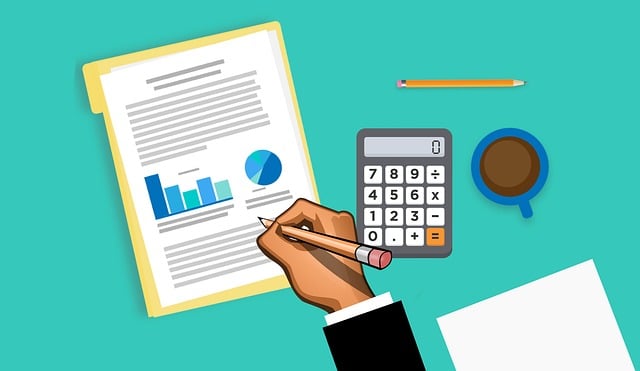
The translation of drug safety reports presents unique challenges that must be navigated to maintain the integrity and clarity of the original content. Language differences, cultural nuances, and regulatory requirements necessitate a specialized approach when translating these critical documents. Translation services for Drug Safety Reports in the UK must account for the precise terminology used in pharmacovigilance, which can vary significantly between languages. A key challenge is ensuring that all medical terms, adverse event descriptions, and safety signal identifications are accurately conveyed across different linguistic barriers. This requires not only a deep understanding of language but also a grasp of the specific drug safety terminology and context.
To address these challenges, translation services must employ expert translators with experience in both the pharmaceutical industry and the linguistic nuances they wish to bridge. Advanced technology, such as translation memory systems and glossaries, can facilitate consistency and accuracy by maintaining a database of previously translated terms and specific drug safety terminology. Additionally, a rigorous quality assurance process, including peer review by subject matter experts, is essential to validate the content’s technical accuracy before it reaches its intended audience. By leveraging specialized translation services for Drug Safety Reports in the UK, organizations can ensure that the critical information contained within these reports is accurately and reliably communicated across different languages, thereby maintaining a high standard of drug safety surveillance globally.
Key Considerations for Choosing a Specialist Translation Service
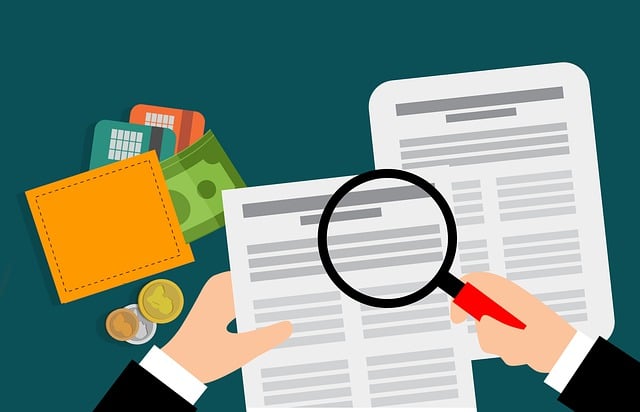
When the stakes are as high as they are in drug safety, the precision and accuracy of translated reports are paramount. Selecting a specialist translation service for Drug Safety Reports in the UK is not a decision to be taken lightly. The nuances of language, particularly within the medical field, demand expertise that goes beyond mere linguistic proficiency. A specialist service will have translators with a deep understanding of pharmaceutical terminology and regulatory standards, ensuring that the integrity of the original report is preserved across languages. These professionals are well-versed in the intricacies of drug safety vernacular, which is crucial for maintaining the clarity and reliability of the data being communicated.
Moreover, a reliable translation service will offer robust quality assurance processes to guarantee that each translated document meets the high standards required by regulatory bodies. This includes not only adherence to legal requirements but also a commitment to cultural relevance and regional specifics that could impact the interpretation of drug safety data. In the UK, where stringent regulations govern pharmaceutical communications, choosing a translation service with a proven track record in this specialized field is essential for safeguarding patient safety and ensuring compliance with all relevant legislation.
Understanding Regulatory Requirements for Multilingual Drug Safety Documentation
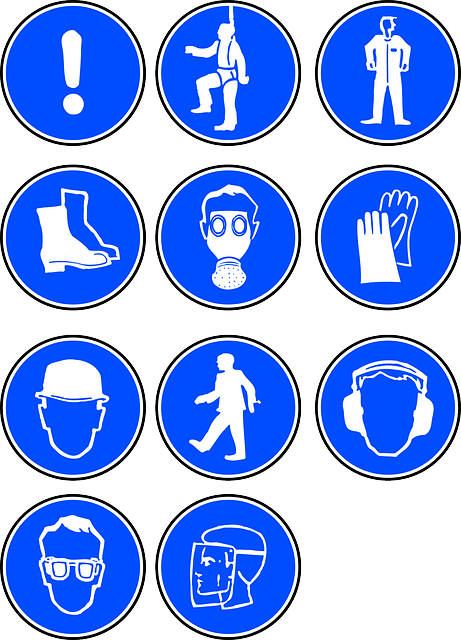
In the realm of drug safety, clear and precise communication is paramount, especially when it involves multilingual documentation that adheres to regulatory standards. The translation of Drug Safety Reports in the UK must align with stringent guidelines set forth by agencies such as the Medicines and Healthcare products Regulatory Agency (MHRA). These translations facilitate the global exchange of critical safety data, ensuring patient safety and compliance across international borders. Translation services for Drug Safety Reports in the UK must be meticulous, capturing not only the linguistic nuances but also the technical terminology inherent to drug safety assessments. The complexity of pharmacovigilance necessitates translators who are not only proficient in the target language but also deeply familiar with the regulatory requirements that govern drug safety reports, thus ensuring that all necessary information is accurately conveyed without ambiguity or loss of meaning. This is crucial for maintaining the integrity of these documents and for safeguarding public health by providing timely and understandable safety information to healthcare professionals and patients in diverse linguistic communities within the UK.
The Role of Professional Translators in Ensuring Drug Safety Report Clarity
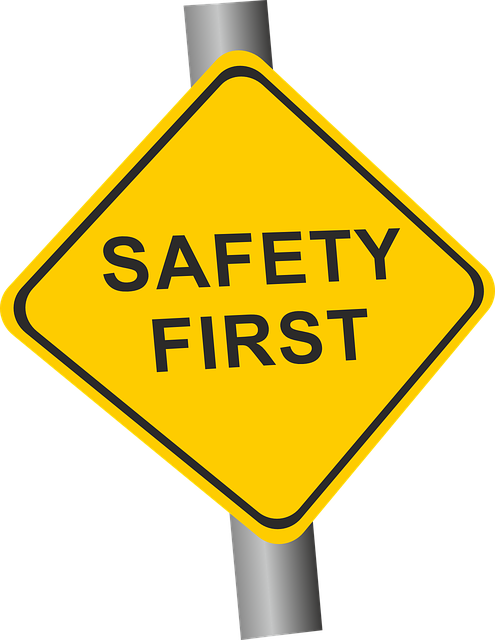
In the critical domain of drug safety, clarity and accuracy are paramount to ensure patient safety and regulatory compliance. Professional translation services play a pivotal role in this context, particularly for Drug Safety Reports originating from or destined for the UK market. These experts are not merely linguists; they are specialists who understand the intricate details of pharmacovigilance and the nuances of drug safety terminology. Their proficiency extends beyond mere word-for-word translation to include contextual interpretation that maintains the integrity of the original report. This is crucial when dealing with complex medical data, as it ensures that the information is not only linguistically accurate but also medically coherent across different languages and cultures.
The use of dedicated translation services for Drug Safety Reports UK is essential for multinational pharmaceutical companies that operate within a globalized framework. These services guarantee that all necessary details regarding drug safety, such as adverse event reports, are communicated effectively between international bodies and local regulatory authorities. By facilitating clear, precise, and timely translations, these professionals help to expedite the decision-making process for approvals and ensure that healthcare providers in the UK can make informed decisions based on the latest safety information. This level of precision is critical in safeguarding public health and maintaining trust in the pharmaceutical industry.
Technological Advancements Aiding the Translation of Drug Safety Reports
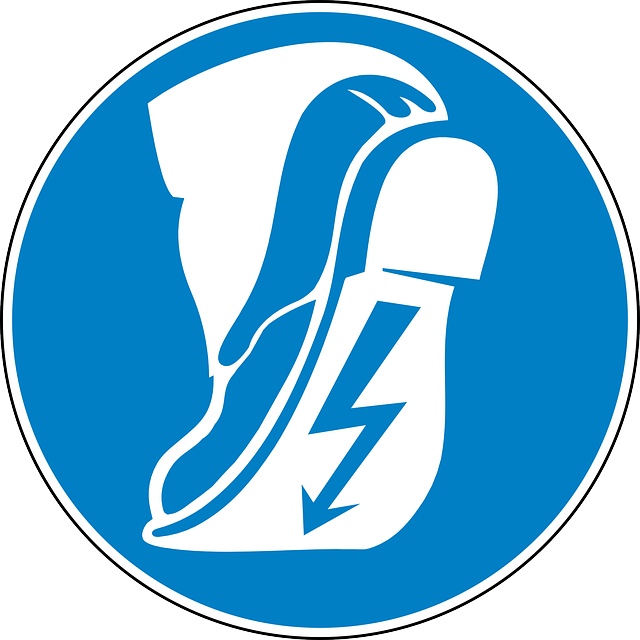
The translation of drug safety reports is a critical process that requires precision and expertise to ensure patient safety across global markets. Technological advancements have significantly enhanced the capabilities of translation services for Drug Safety Reports in the UK, leading to more accurate and timely translations. Machine learning algorithms, particularly those employing natural language processing (NLP), have become sophisticated enough to capture context, idiomatic expressions, and nuances in drug safety reporting. These AI-driven tools can now translate complex medical terminology with a high degree of accuracy, reducing the risk of misinterpretation or errors that could potentially compromise patient care. Moreover, the integration of these technologies with secure databases ensures that sensitive data is protected throughout the translation process, maintaining compliance with regulations such as the General Data Protection Regulation (GDPR). As a result, pharmaceutical companies and regulatory bodies in the UK can rely on these advanced translation services to communicate critical drug safety information accurately and efficiently. The adoption of these technologies not only streamlines the global approval process but also supports the swift dissemination of vital safety data, ultimately contributing to the betterment of public health outcomes worldwide.
Case Studies: Successful Translations of Drug Safety Reports in the UK Healthcare System
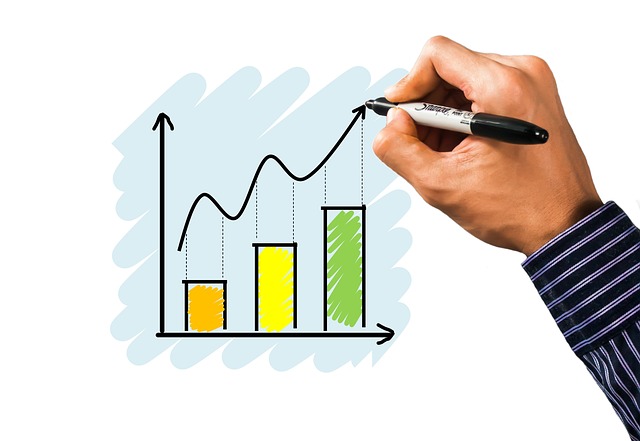
The translation of drug safety reports is a critical aspect within the UK healthcare system, particularly as it navigates the complexities of a multilingual society. The successful implementation of translation services for Drug Safety Reports (DSRs) in the UK has been instrumental in ensuring patient safety across diverse linguistic communities. Case studies from the National Health Service (NHS) demonstrate the effectiveness of these services in accurately conveying critical drug safety information. For instance, a recent initiative involved translating DSRs into multiple languages, which facilitated prompt and informed decision-making by healthcare professionals when managing patients who spoke those languages. This initiative not only improved communication but also helped in the early detection and management of adverse drug reactions. The use of professional linguists with expertise in medical terminology ensured the translations were both technically accurate and culturally appropriate, thereby maintaining the integrity of the original reports while making them accessible to a broader audience. The UK’s robust regulatory framework and the commitment to high-quality translation services have positioned the country at the forefront of safe drug use across linguistic barriers. The success of these translations underscores the importance of investing in specialized translation services for DSRs, which is an indispensable component of a comprehensive healthcare strategy.
In conclusion, the translation of drug safety reports within the UK is a multifaceted process that demands precision and expertise. The article has highlighted the critical nature of accurate translations in the drug safety domain, emphasizing the challenges faced and the solutions implemented to navigate these complexities. By leveraging specialist translation services tailored to the UK’s context, adhering to stringent regulatory standards, and harnessing technological innovations, clarity in translated drug safety reports can be consistently achieved. It is clear that professional translators play an indispensable role in this process, ensuring that all stakeholders have access to reliable, accurate, and understandable information. As such, translation services for Drug Safety Reports in the UK are not just a service but a critical component of public health safety. The case studies presented underscore the efficacy of these measures in real-world scenarios, affirming the importance of this work in safeguarding patient care across linguistic boundaries.


